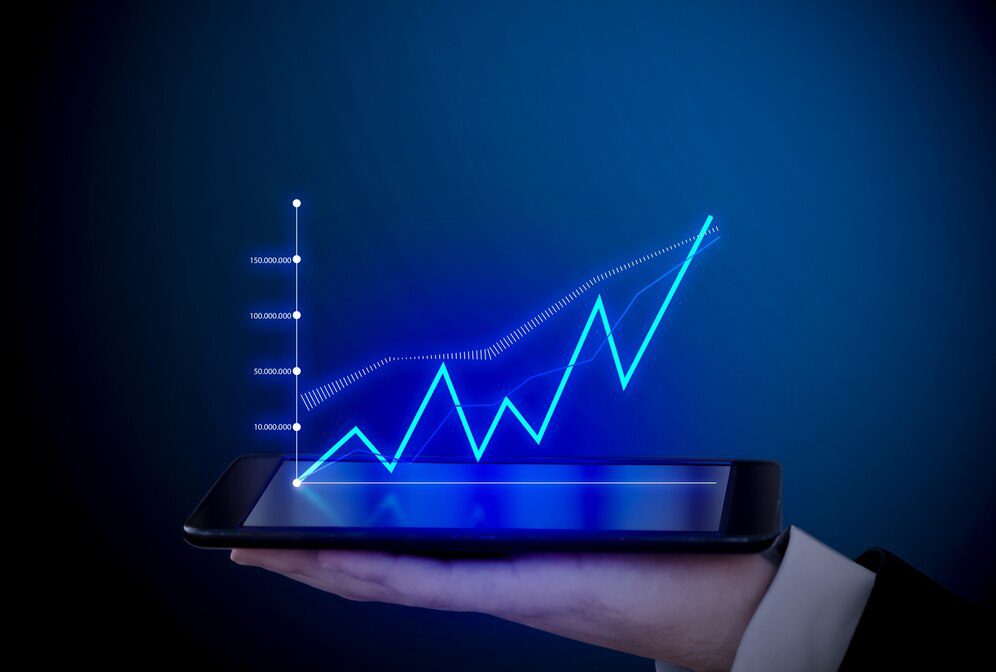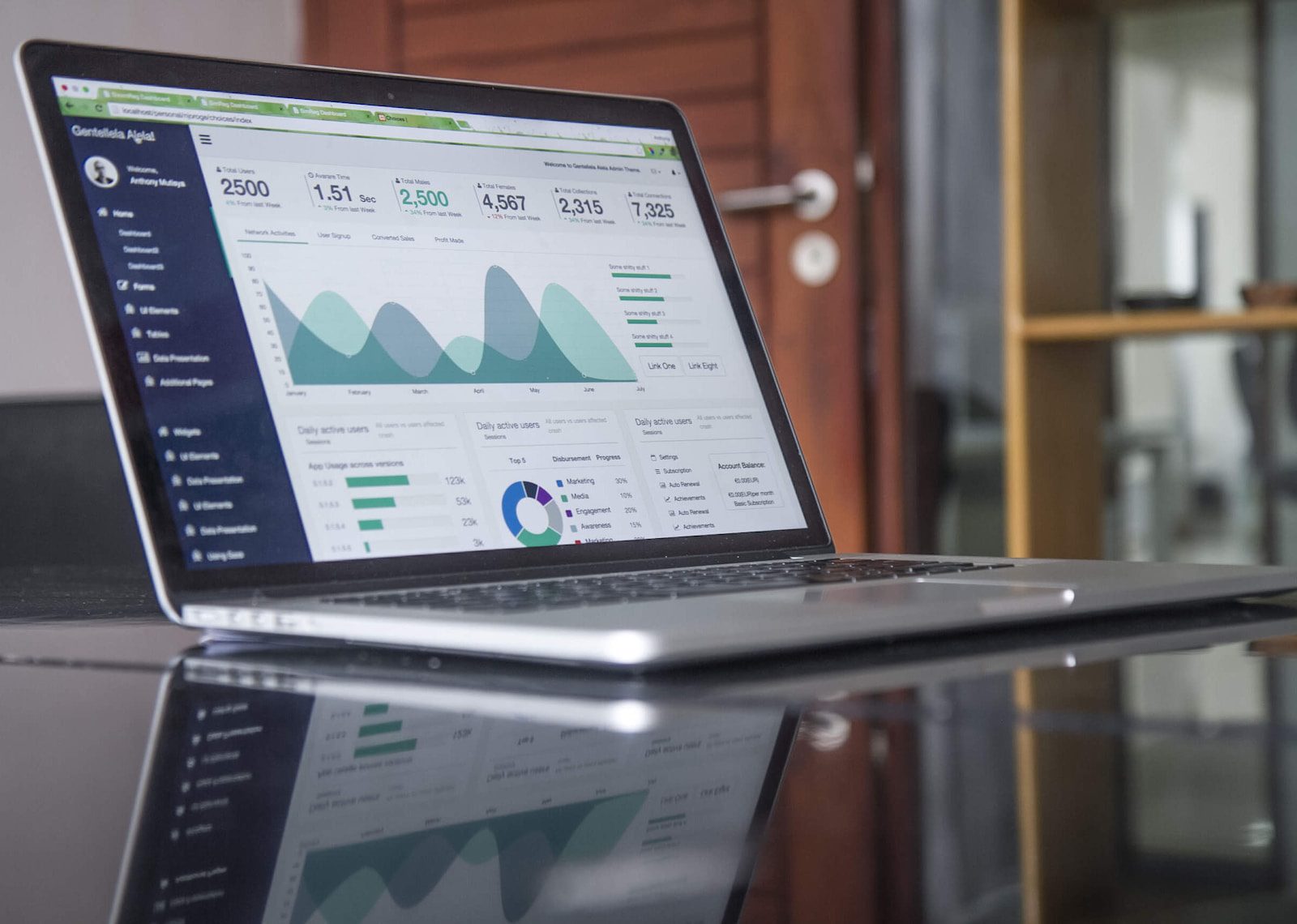
The Internet has taken the world by storm! Right from social media, to google searches, to our favourite apps, we all use the internet throughout the day. As such a huge number of people are engaging via the internet, digital marketing is growing. And it is only going to increase further in the future.
The evolution of digital marketing has been a dynamic and transformative process that has significantly impacted the business world in various ways. Here is an overview of key milestones and changes in the evolution of digital marketing and their impact:
Early Internet Era (1990s):
-
- Emergence of Websites: In the early days, businesses started creating websites to establish an online presence.
- Email Marketing: Email became a popular tool for marketing, allowing businesses to directly reach their audience.
Search Engine Optimisation (SEO) Dominance (2000s):
-
- Google’s Rise: With the dominance of Google, SEO became crucial. Companies started optimising their websites to rank higher in search engine results.
- Pay-Per-Click (PPC): The introduction of PPC advertising, especially with Google AdWords, allowed businesses to bid on keywords for better visibility.
Social Media Boom (Late 2000s):
-
- Social Platforms: The rise of platforms like Facebook, Twitter, and LinkedIn opened new avenues for businesses to engage with their audience.
- Content Marketing: Creating and sharing valuable content became a key strategy. Blogging and video content gained prominence.
Mobile Optimisation (2010s):
-
- Mobile-Friendly Websites: The increasing use of smartphones led to a focus on mobile optimisation. Businesses adapted their websites for better mobile user experiences.
- App Marketing: With the growth of mobile apps, businesses began investing in-app marketing strategies.
Data and Analytics (2010s):
-
- Big Data: The availability of data and advanced analytics tools allowed marketers to make data-driven decisions.
- Personalisation: Tailoring marketing messages based on user behavior and preferences became more sophisticated.
Video Dominance (2010s-2020s):
-
- Rise of Video Content: Platforms like YouTube and the integration of video content on social media have become increasingly popular.
- Live Streaming: Live video streaming gained traction, offering real-time interaction with audiences.
E-commerce and Influencer Marketing (2020s):
-
- E-commerce Integration: The COVID-19 pandemic accelerated the shift towards online shopping, and businesses focused on enhancing their e-commerce strategies.
- Influencer Marketing: Collaboration with influencers on social media became a powerful way to reach target audiences.
Artificial Intelligence (AI) and Automation (2020s and beyond):
-
- AI in Marketing: AI and machine learning technologies are being increasingly used for personalisation, chatbots, and predictive analytics.
- Marketing Automation: Tools for automating repetitive tasks, email campaigns, and lead nurturing have become integral to digital marketing.
Privacy Concerns and Regulation (2020s and beyond):
-
- GDPR and Privacy Regulations: Increasing awareness of privacy issues led to the implementation of regulations like GDPR, impacting how businesses collect and use customer data.
- Focus on User Privacy: There’s a growing emphasis on transparency and giving users more control over their data.
Digital marketing continues to evolve as technology advances and consumer behaviours change. Businesses need to stay adaptable and embrace emerging trends to stay competitive in the digital landscape. With the evolution of technology, new platforms of marketing started to emerge.
Traditional marketing became a secondary option for new-age businesses when digital marketing was introduced. It allowed brands to reach their target audience at a much lower cost with a better conversion rate. Later on, digital marketing was adopted by all businesses across the globe, to increase their reach.
Thinking of ways to engage in the hottest trends for your business? Get in touch with Mars today!


































